For Buck Robinson, being a good role model for his family is the most important thing he can do each day.
And while he says it’s taken a few trickles through hard times to fully become that inspiring role model of a dad, endurance sports have helped him build toward that life.
“I'm very cognizant of the fact that for a significant period of my children's lives, I was the anti-role model. I may have been a loving and supportive father, but in terms of how I was conducting my own life and caring for myself, I was not setting a good example. …. Now, my kids are at an age where you kid yourself into believing they're not going to remember this or that it doesn't make an impression. But … they do remember a lot of that, but they're so grateful that the dad they know now isn't that guy anymore. And it isn't just in terms of behavior but in terms of how he views himself, how he views the world, how he views them, so that has been an even more dramatic transformation than any of the physical stuff. The physical stuff is just a manifestation of that life evolution, and my kids really look at that.”
Buck’s love of ultra-endurance events and triathlon is something he’s found in his adult years, even though he grew up playing sports and being active. His sports resume includes several IRONMAN races and ultra runs, where reaching the finish line requires focus and dedication he’s proud to model for his three children.
His oldest has also found a love of endurance thanks to his dad, as well – they both even qualified for triathlon championships in their respective age groups this year.
Buck tackled some incredible feats this past year, and now that he’s moving into a new chapter – quite literally starting the year in a new house – he’s excited for what’s ahead, grateful for what he’s accomplished in the past, and very much living every moment in joyful stride.
Read on to hear Buck’s inspiring transformation story, as well as some of the inspiration his kids have given him that helped him get to the finish line of some incredibly difficult races!
***
Tell me a little bit about yourself and how fitness and sports came into your life.
I turned 54 [in December]; I have a beautiful family with a 16-year-old son, 12-year-old twin daughters, and my wife of almost 20 years. We live in Henrico, VA. We just bought a new house, and we're moving in after the first of the year, so I'm super stressed out but excited to make that happen. It's been a long time coming!
I have an interesting genesis. Before I met my current wife, I was married previously. It was a failed relationship. As a result of that, drinking really became a part of how I coped with it. I woke up one New Year's Day surrounded by bottles of wine, hungover as a bat, sleeping on the couch, and I just took a look at myself and said, "What are you doing?"
I said I'm gonna go for a run. At that time, I was about 210 pounds – which, if you know me … I'm not a big guy. I was way overweight and way out of shape. I tried to go for a run around the block, and I couldn't make it.
That spurred me to say, OK, I need to do something about this. I was in my early 30s, so I was way too young to be feeling so old and so sick. I had been an athlete in college ... this is not who I am.
I did a local 5K and almost died, then a 10K, then a half marathon, then a marathon. As the [previous] relationship ran its course, I pushed the alcohol out by pushing athletics into that central role in my life again. By the time I met Jenna, a few years later, , I had already done an IRONMAN and 4 or 5 marathons, so when I restarted my life in Richmond, I had totally turned my health around.
That persisted until we had kids. With one kid, I could still find the time to go and train. I did my last IRONMAN before Lake Placid when my son had just turned 1, and he was in a stroller and saw me finish.
That was the last big endurance event I did for 15 years. Unfortunately, what ended up happening was that part of my life got relegated to the basement, and being a dad, which was a great joy but still new, was pushed to the forefront. That old bad habit of drinking seeped back in, maybe in a bigger way than ever before. Four years ago, at the example set by my wife, who was confronting her own relationship with alcohol and at her urging to reflect on my own, I read this book she recommended called This Naked Mind.
And I have not had a drink since. It will be 4 years this spring, and I have never looked back. That was kind of the last vestige of that unhealthy lifestyle. Since then, it's like rediscovering who you really are.
People who do endurance sports deal with this reality: It's selfish. It takes a lot of time. It's not something my wife and I do together. She supports me: She's my world-class sherpa and No. 1 cheerleader, but she has no interest in running. So it was always a very selfish thing for me to go out and train for hours.
But now my son is following in my footsteps – I shouldn't say that because he's a heck of a lot faster than I ever was, so the reality is that I'm following in his footsteps, honestly – but we have that as something we're doing together. This year, we both qualified for USAT national championships in our respective age groups, so we're going to do that together. So we're really excited that this is not something now that has to be just a “me” thing. It's more of a “we” thing; the whole family is excited about that.

When is the race?
It's September in Atlantic City. He and I are totally geeking out on coming up with our 2024 race schedules. Which races are we doing together? Where are we going? My wife is like, oh no, there's two of them now!
What is the appeal of endurance sports?
When I first started down that road, it was due to really feeling very alone. I was at a point in my life where I realized I had to keep moving forward, and it wasn't going to be in tandem with someone else anymore. I did not grow up doing any of those sports – I was primarily a baseball player, and I also did fencing, skateboarding, surfing, and stuff like that. I never did any endurance.
I think I needed to discover something about myself to help me get out of that low place that I was in, both in terms of how I had been treating myself healthwise and where I was psychologically. I needed to chart my own course. I've always said that the value and benefit of doing endurance sports -- while there are huge benefits to health and physique -- the most valuable things that I've ever taken away always have to do with what I've learned about myself and understanding life and the challenges that life is going to inevitably going to present to you, and learning just how resilient you can be.
This latest ultramarathon – I think it's easy to get blasé after you've done a lot of races, but forget that until you do something so far out of your comfort zone that it resets the boundaries of what your comfort zone is. I really wanted to quit this thing. What did I have to prove? But the only person I had to prove it to was me.
My wife and friends reminded me: Hey, you're tougher than the average bear. You can do this. You need to do this for yourself, to remind yourself that you are capable of facing adversity and challenge. And that metaphor of what each of those miles – and at that point each of those steps – represent … it represents all of the things that you aspire to that are challenging. Instead of giving up on those dreams, you've got to keep plugging away and making it happen, not waiting for it to happen, not waiting for somebody to hand it to you, but making it happen because of your resilience and hard work.
I've become an advocate for doing whatever challenge it is because you'll never see yourself the same way again. You'll never look at yourself the same way again because of that experience, not because of your waist size or how awesome and toned your muscles are. That's all true – that's a fringe benefit. But the core benefit that I've learned is that I'm capable of a lot more than I ever thought I was.

2023 was a really epic year in sport for you. Tell me more about your competitions and the transformations that happened because of them!
In comparison to recent years, this looks like a lot, but the reality is it's more like it used to be. I was that guy who finished one marathon and was already planning the next. I got away from that for a significant period in my life, but it's cool to me to always have that accountability of knowing: OK, give yourself a pat on the back, but you've got to get ready to go again because two months from now, we've got something else coming up.
This year started off with a couple of races with my son. We did the Frostbite 15K and the Monument Avenue 10K. They're both big races here in Richmond. Those were a perfect way to start the year.
In the Frostbite 15K, my son and I took off together, and then at a certain point, with maybe 2 miles left, he looked at me, and I was like, go, I don't want to hold you back. Off he went. I was so proud looking at him running off and leaving his old man in the dust.
One of the things I've taught him is you've gotta run your race. You're not running somebody else's race. You run your race. Don't compare yourself against other people. Compare yourself against what you are capable of and what you expect of yourself.
I got within a half mile of the finish line, and there he was, waiting for me. He said – this is gonna get me choked up – he said, “I don't want to finish this without you. It doesn't mean as much to me if we're not together.” And sure enough, we crossed that finish line hand in hand. It meant a lot to me.
That set the tone for the year! I had already told my family I was gonna do an IRONMAN in 2023, and we were looking at a few of them. Then, the Team Athletic opportunity came up, and I applied, got in, and that made the decision as to which race.
But with that locked in now – uh oh, careful buddy, you've signed up for the big kahuna. You've gotta get ready for that! That mandated that I do at least two IRONMAN 70.3 races. I did one early in the season to kind of test the waters and see what kind of shape I was in. That ended up being OK. The wheels didn't fall off the bus, so that was good. It gave me confidence that I remembered how to move my feet for a long time.
I did another IRONMAN 70.3, which was the first time I had ever been on the podium. I got third in my age group, which was awesome. It set a precedent because, in the next two races, I was on the podium again! I did the Richmond Marathon as prep for what I had also signed up for, my big scary race, which was this 100K, and I also did a 50K as a training run up to the 100K.
All in all, it was almost 500 miles worth of racing. I'm sure that my accumulated mileage for 2023 will be in the thousands. I always said, especially in the lead-up to Lake Placid, that I want to show up at the start line healthy. I don't want to show up beaten up.
A lot of my training is very different from when I was younger. I would have pushed too much too soon or based my training on how I felt that day. I really embrace that 80/20 type of training, that zone 2 training, because it allows me to not constantly push the envelope and allows my body time to recover. It took the 54-year-old me to have the discipline to say, no, we're gonna rein it in. The objective today isn't to set a PR; it's just to get these miles in and be ready to do it again tomorrow.
That's a discipline I'm trying to instill in my son, but it's awfully hard with a 16-year-old.

What other values are you sharing with your kids as you all get older as a family?
I'm very cognizant of the fact that for a significant period of my children's lives, I was the anti-role model. I may have been a loving and supportive father, but in terms of how I was conducting my own life and caring for myself, I was not setting a good example. I was abusing alcohol. I was not healthy. It took a real wake-up call to realize that was who I was looking at in the mirror, but more importantly, who they were looking at every day.
So the comparison now, it's been almost 4 years, my kids are at an age where you kid yourself into believing they're not going to remember this or that it doesn't make an impression. But now that we can talk about it, they do remember a lot of that, but they're so grateful that the dad they know now isn't that guy anymore.
And it isn't just in terms of behavior but in terms of how he views himself, how he views the world, how he views them, so that has been an even more dramatic transformation than any of the physical stuff. The physical stuff is just a manifestation of that life evolution, and my kids really look at that.
If I could go back and change things, would I do that simply so that they never saw the negative? I don't think so. I think seeing the negative and knowing the negative makes the positive so much more powerful, so they know where it came from. My kids saw the change.
In my darkest hour of the 100K, my kids, wife, and friends started texting me. One of the texts my daughter wrote is really pretty touching:
"Dad, my entire life, you are the person I respect the most. You are funny, loving, and a little insane. I think you can do anything. You are an IRONMAN, and my dad, which makes me think you are invincible. You are always there for me, and I think that whatever I do, I will always take something away from that. I love you, and I hope that you have confidence in yourself as I do."
So, when you say, what does it mean to me? It means they see that dad doesn't quit, doesn't give up on himself, doesn't give up on life and his dreams, and is willing to work hard to make that come true. Life is gonna throw you challenges. Life is gonna be tough. If you are tougher, you can get through those things. Don't wish that life would be easier; wish that you can be strong enough to face it and come away victorious.
I think that's a big thing my kids take away from all of this: Dad's crazy, but he's also a tough bugger.

What's on the horizon for 2024?
I'm not at that point where I look at 2024 and have to move the goalpost even further. That is not the definition of how I consider challenges and success. It's more like, what do we want to accomplish this year?
It's all about balance. What will motivate you, stimulate you, and get you out of bed when it's hard? How, at the end of the day or season, are you going to look back and define success? It doesn't always have to be that you push the outer limits from a distance perspective. One of the things I want to do this year is try a new form of endurance racing, the Swimrun, which is awesome because I don't have to get on a bike!
That sounds like the two worst parts of triathlon, but I like swimming and running, so that's a combination of the two and a new way of doing those things. Those are the kinds of things that really get me excited: Finding a new way of doing stuff. So, yeah, I'm definitely excited to try that.
I have not signed up for an IRONMAN, but I want to do another IRONMAN in 2024. I'll be completely transparent: I do not want to do one that has mountains like Lake Placid, so I'm happy with the idea of Arizona or Maryland, where it's flatter than a pancake.
I think this is a transitional year. I want to do the things that are fun and keep my body in one piece, not push it to a point where it's gonna start to fray at the edges. I did a lot of road running this year, and that's not really my passion. I find the trails so much more exciting and inviting. I want to get more trail runs in, even if they're not super long.
When my son is ready and old enough, a few years from now, we'd like to go and do an adventure race. There's one called Cape Wrath Ultra, where you're running for days through the Scottish Highlands to the top of Scotland. The crew meets you at the end of every day – it's not super hardcore; you still get a nice tent to come home to.
But that idea – and one of the things I really loved this year that was certainly the case at Lake Placid – is doing races that are in beautiful locations where finishing is a great objective, but you can stop and take it in, look around and say this is more meaningful than any trophy or medal, this is why I'm here.
I did that a lot this year. Did it hurt my time? Yeah, but I needed to stop and look at the sun rising and the geese flying in and landing on the lake and all that stuff. When you do something like that, you want to say it was more than the miles.

What did you take away from IRONMAN Lake Placid?
Lake Placid was my first IRONMAN in 15 years and my fourth 140.6, and it was certainly the hardest, not just because of how much time had gone by and how much older I was, but the topography of that race made it feel so much more of an accomplishment. I can't believe I did that. When I came in that chute, that was my Olympics; that was my greatest physical accomplishment.
I remember on the run, there was another guy, considerably younger than I was. So, at a certain point on the run, it's the Walking Dead out there. There are certainly no fast passes. You can talk to each other for a long time.
We got to talking, and I asked him: "What's your goal?" He said it was his first [IRONMAN], and he was trying to finish in under 14 hours. I said, "Well, It's not my first, but I'm also trying to finish under 14, so let's help each other get there!" We were shuffling along for quite a while. At a certain point, he was like, "I'm not gonna make it; you need to go." I knew at that point that if I didn't put on the afterburners and push everything I had, I wouldn't make it either.
I was coming up that big last hill. If someone showed me a video, it would've looked like a shuffle, but in my mind, I was flying – Usain Bolt running. Coming in and seeing that clock ... to know, son of a gun, I told myself I would do it, and I did it. That felt really good. And it felt really good to know my kids were there screaming and seeing me finish.
They know what that means: The depth of commitment that is required. They know you're somebody whose comfort zone is defined differently than the average Joe. That's a really cool thing to be able to say about in my epitaph someday: He was a persistent son of a bitch; he really pushed.

How did you find Athletic Brewing and the ambassador program?
I was first referred to the ambassador program through a Facebook group I belong to for people attempting sobriety. At the time, I actually had a lot of trepidation about having an NA beer. I thought it might be a slippery slope and that it might make it hard to resist the full-octane version. I was so pleasantly surprised to find that it actually scratches the itch without the need for more. I don't find myself all of a sudden saying I need another and another – that was the alcohol versus the flavor.
It was a huge help psychologically in social situations to have something in your hands that doesn't make it so obvious that you're the nondrinker. Now, it wouldn't bother me, but at that time, I didn't want that limelight on me.
I talked about how much I enjoyed Athletic's NAs, and someone in the group was like, you should be one of their ambassadors. I didn't even know what that was. So I checked it out, applied, got in, was very excited, did a little happy dance, and since then, within this group, now whenever anybody mentions Athletic – and there's like 25,000 people in this group – the first thing they say is, "Thanks Buck; or Buck recommended it."
It has been really cool to not just fly the colors in races – that's all great, and I'm proud – but what I'm more proud of is introducing other people who are at that same fragile point in their journey to something that will help them keep going. That has been the most meaningful part of representing Athletic.

What are some of your proudest achievements?
I'm very proud of coming up on my 19-year wedding anniversary with my beautiful wife. I'm proud of our kids and the life we've been able to provide for them, and the example we've been able to set for them. I'm proud of my sobriety. That's certainly something that was hard fought and something that I don't ever take for granted. Also, in that order, proud of my endurance sports accomplishments.
Do you have any bucket list races, events, or achievements you'd like to attain one day?
That Cape Wrath Ultra, or something similar to it, where it's a huge multi-day event but in an epic environment where you really get to feel every bit of the challenge associated with it, is very appealing. That's definitely one.
I hear about a lot of these epic Western States and Hard Rock ultras and things. I am in awe of these athletes' capabilities without ever feeling that's something I need to attempt. My son is telling me how he's going to do UTMB one day, and I'm perfectly content to say I can't wait to be there to cheer you on.
Then I see things like, there's this challenge where you climb the equivalent of Mount Everest. You go up and take the ski slope down. Something like that with a really good buddy to push through it would be cool!
If I end up doing a half-decent job with the Swimrun, I would love to do the Swimrun world championships. That looks badass!

What is your favorite recovery food?
I almost always make a recovery shake that consists of bananas, soymilk, turmeric, honeycomb, Greek yogurt, frozen blueberries, and Gainful protein powder. Then, I also use Tailwind Recovery, typically the vanilla flavor. During the summer, I'll put peaches and other fresh fruits in there. That's my absolute go-to recovery after any activity.
What do you like to do on rest days?
I read somewhere that if your rest days are your hardest days of the week, then you're doing something right. That's definitely me. Rest days are the hardest days because I crave physical activity, even if it's just going for a walk. Generally speaking, unless I've just done 100K, it's an active recovery. We'll all go for a walk or go play with the dog. I'm not somebody who likes to sit around; it drives me batty! Anything I can do to at least be outside is recovery to me.
What gets you up and out of bed every day?
Being a goal-oriented person who likes to have those milestones or pieces of cheese laid out in front of him, knowing there's an extended period of time where I can say I don't know what I'm gonna do, but I do know that I need to get my lazy butt out of bed and get ready. That's a motivating factor for me.
Also, I'm at that point where I certainly am not living my life through my kids. I know my dad did that with me, but I'm going out and living my own best life. I really enjoy getting up and being part of their best lives, too. If my son has a big event, I am excited to go watch and be a part of that with as much motivation as if it were my own.
My son did his first tri this summer. I did an IRONMAN 70.3 the day before on the same course. The swim was tough because it's not a typical downriver swim; you're swimming against the current for the longest part of the swim, and it felt like you were going nowhere. He was doing his first sprint triathlon, and I was so nervous. I had never watched someone do a triathlon, let alone my own son. There are so many things that could go wrong.
When he came across that finish line, he placed second; the joy I got from knowing what an accomplishment that was for him and the pride of knowing how hard he had worked was as great as any race I had ever done.

What does Fit for All Times mean to you?
It's a mantra I have in my own life. I do a lot of these things for the purpose of training for an event. I'm also at that point in life and have looked around enough at my aging parents and stepparents to know that the things I'm doing now, the miles I'm putting in, the weights I'm lifting, aren't about that race. It's about who you want to be in your older years, which are not that far away.
I look at it and say there's a level of independence and self-sufficiency I want to continue to have. There's a joie de vivre that isn't going to come unless I take good care of myself, and that's good care of myself in terms of what I'm putting into my body, but also how I take care of myself, how I'm moving and using this body of mine. It's fitness in preparation for life, and the events are just celebrations along the way.
If you're interested in joining the ambassador program, visit our Ambassador Community Page and sign up to be notified when applications open!
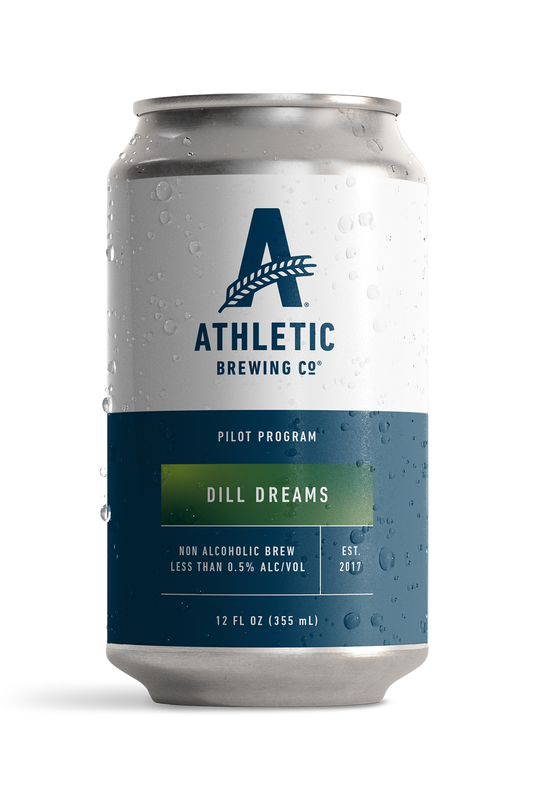

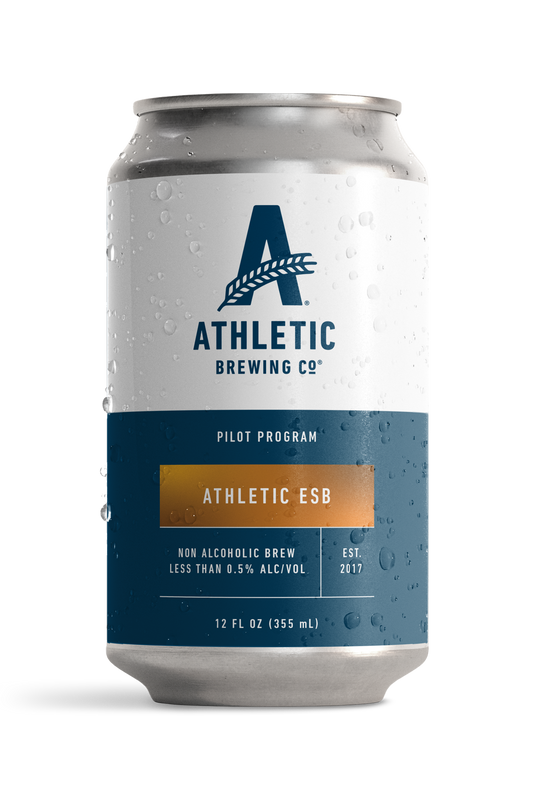
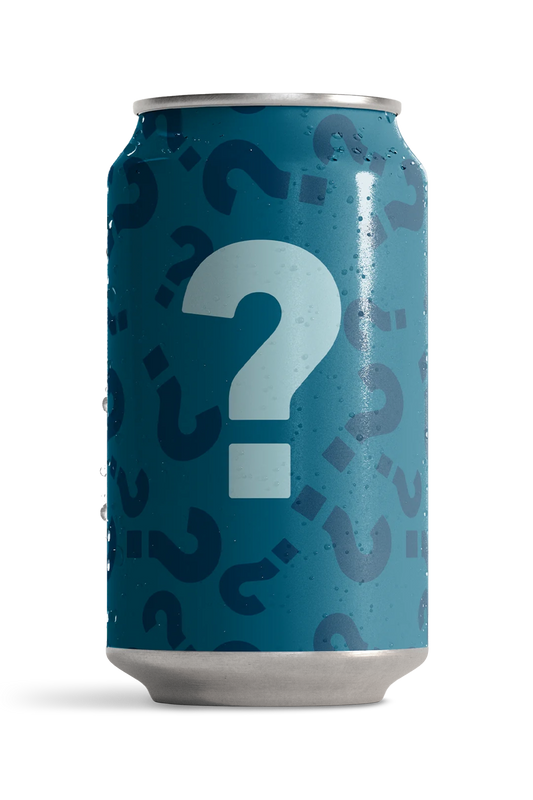
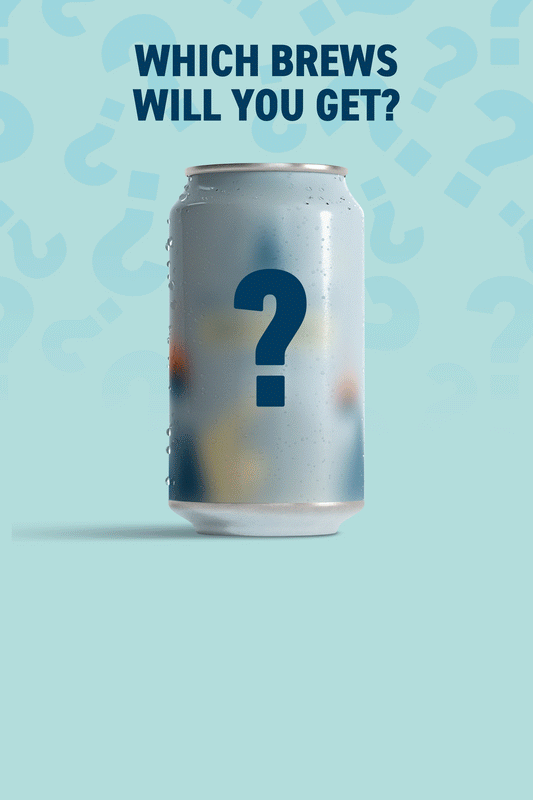
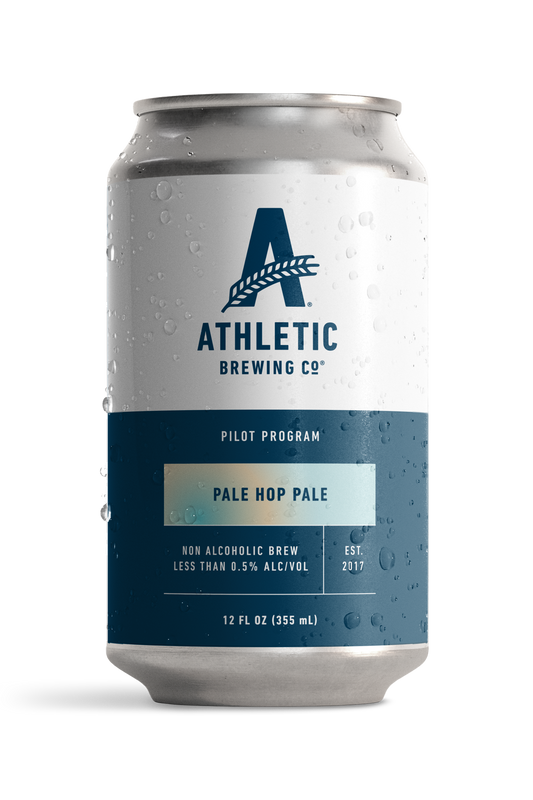
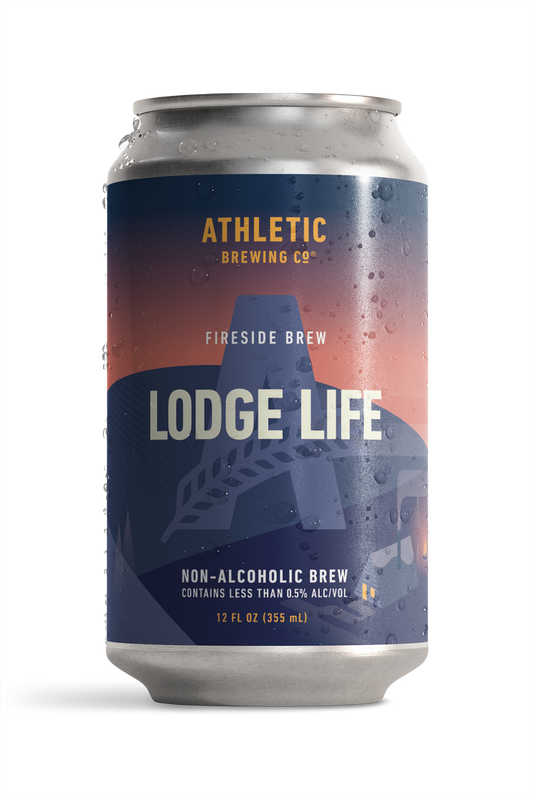
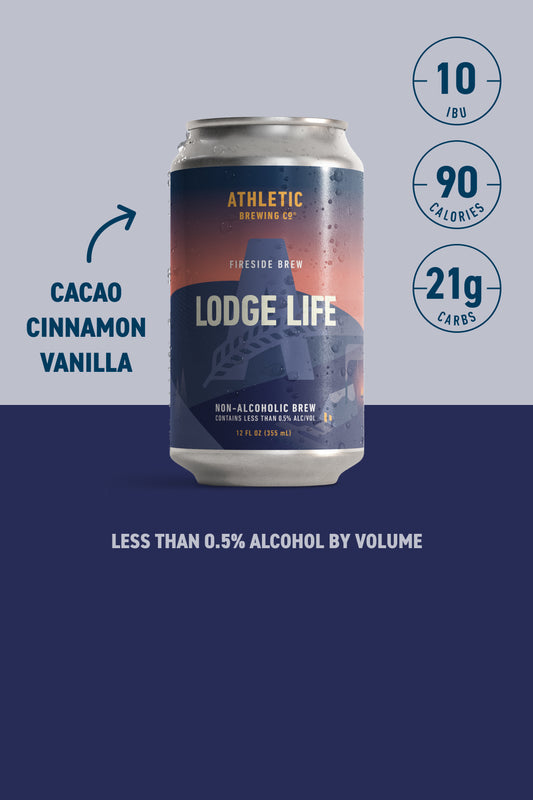
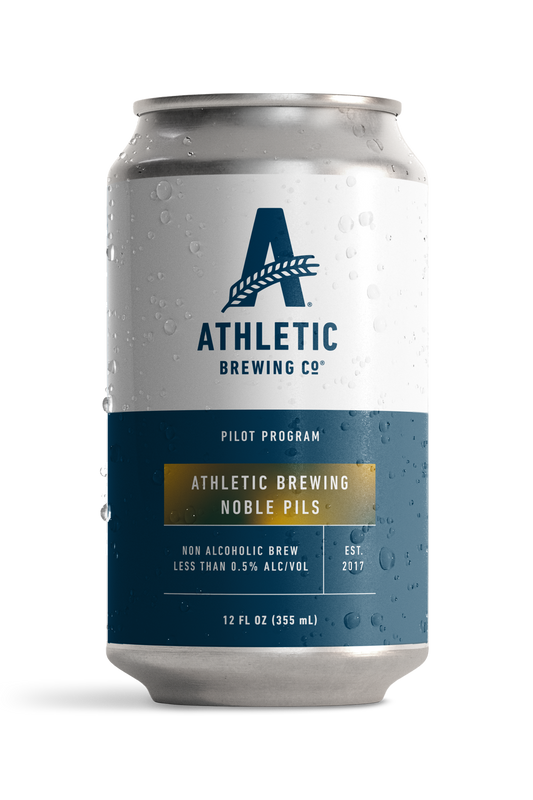

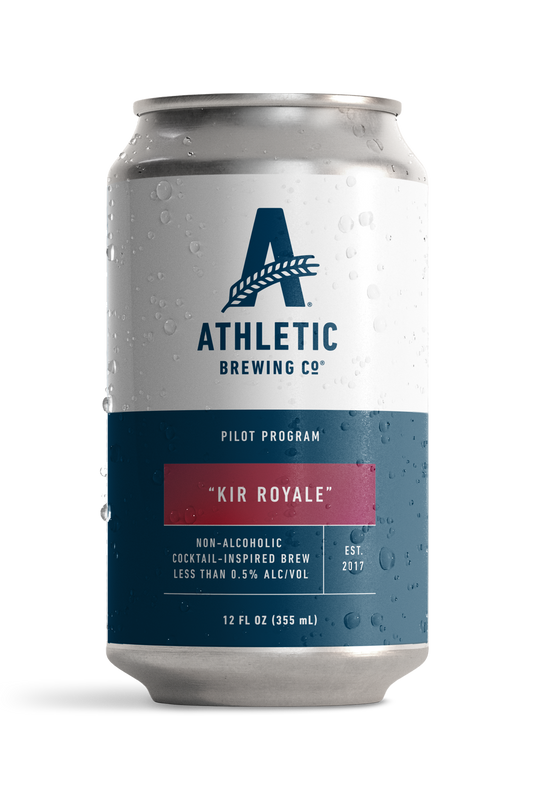

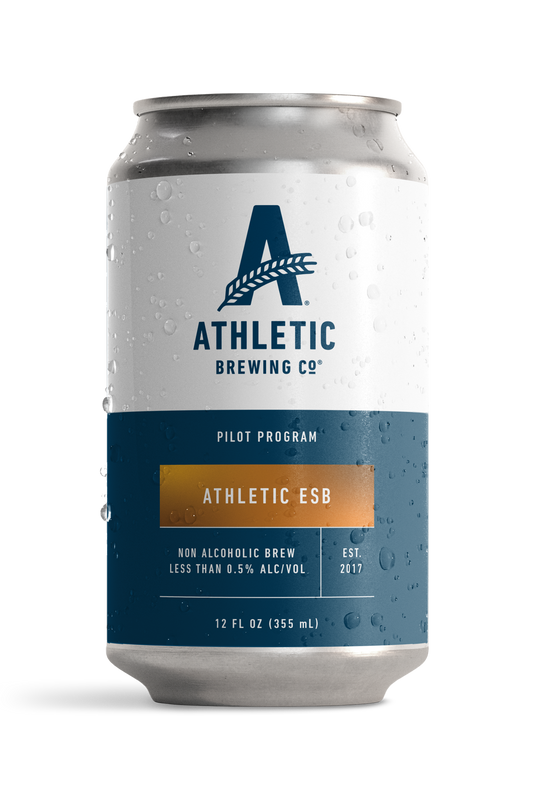
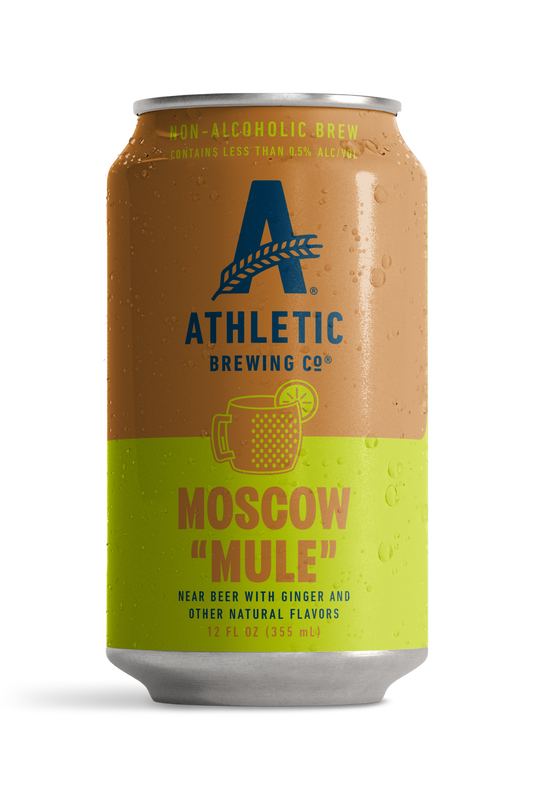
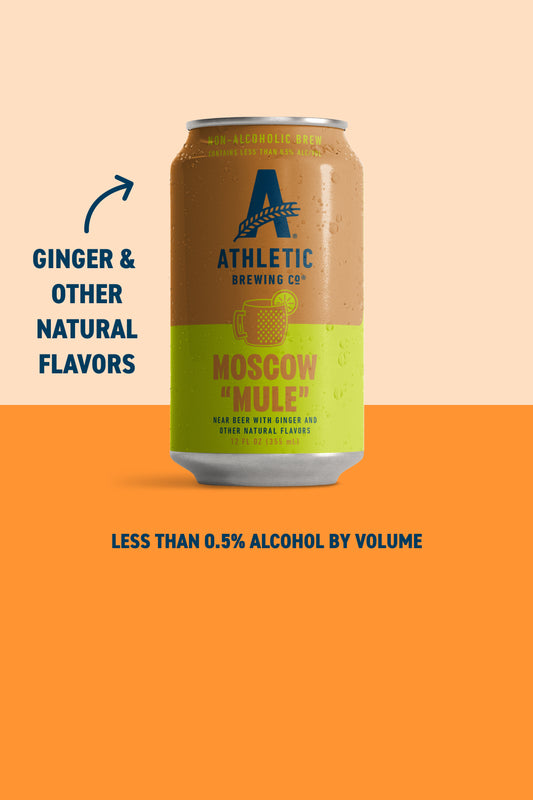
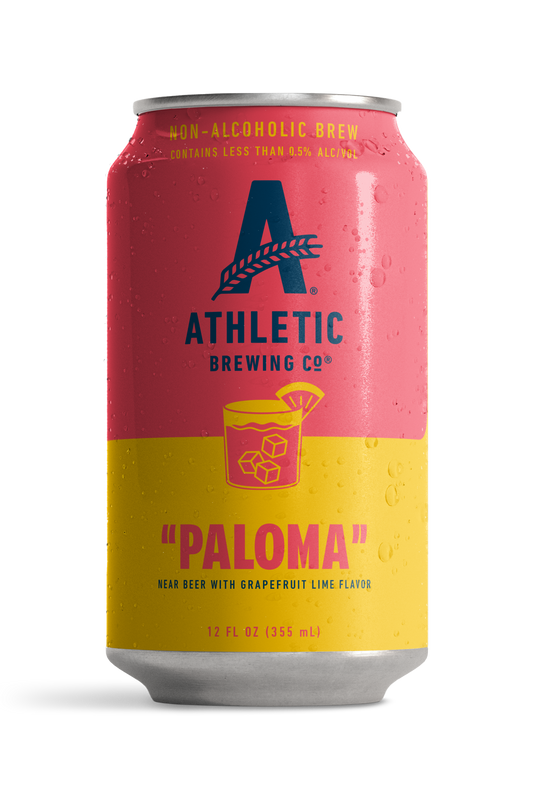
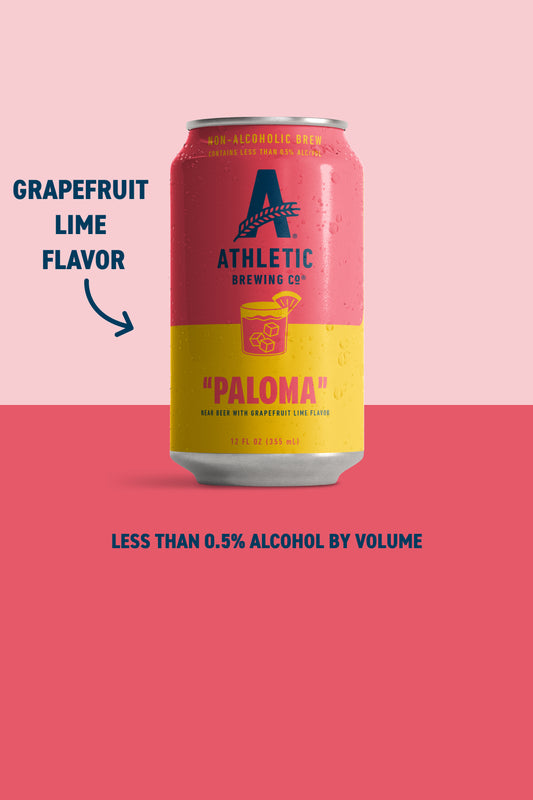
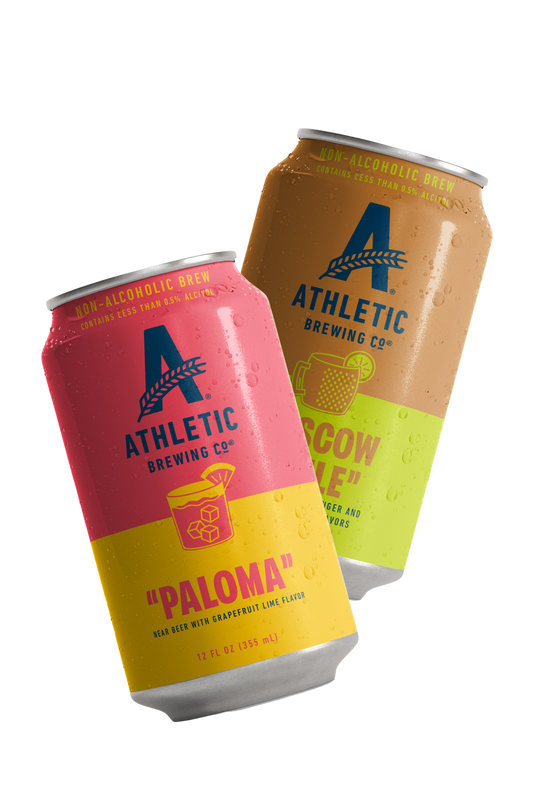
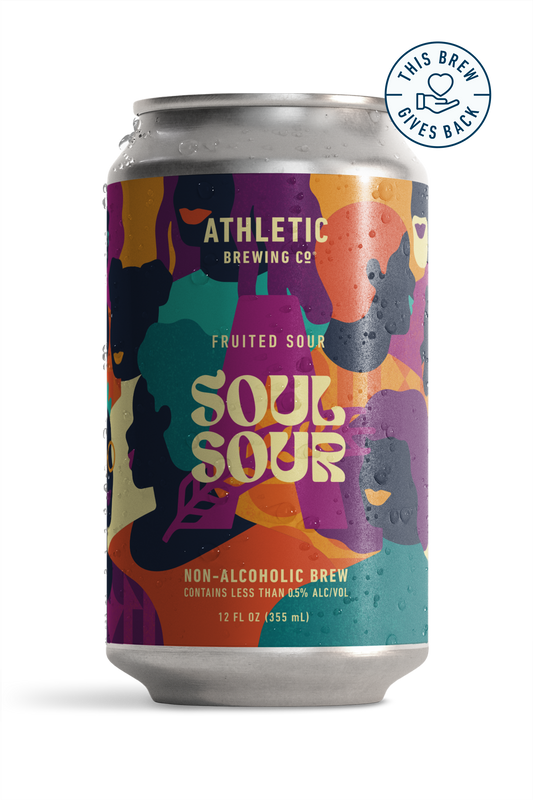
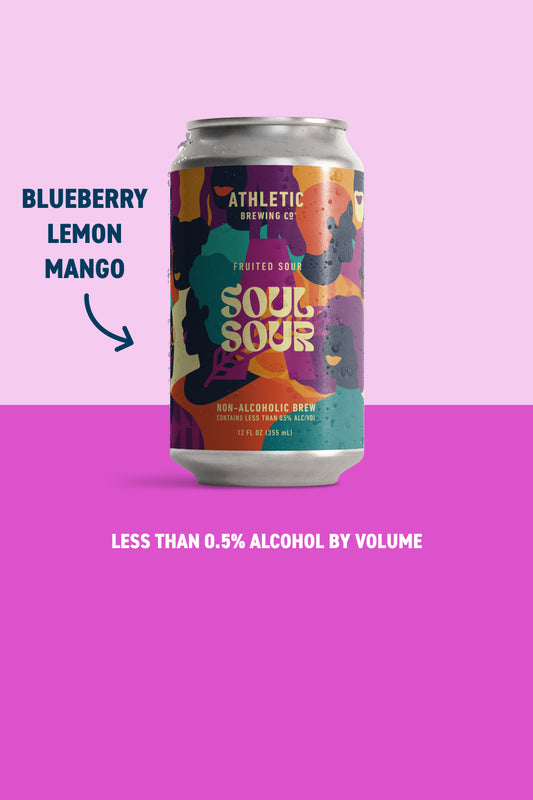









 Your Privacy Choices
Your Privacy Choices







